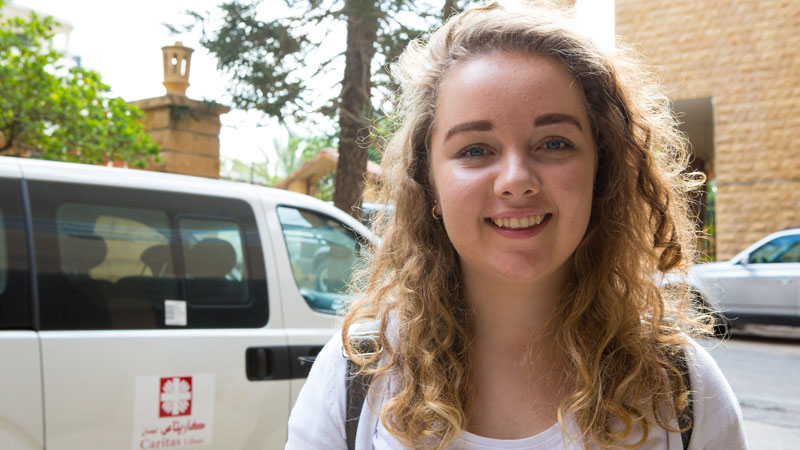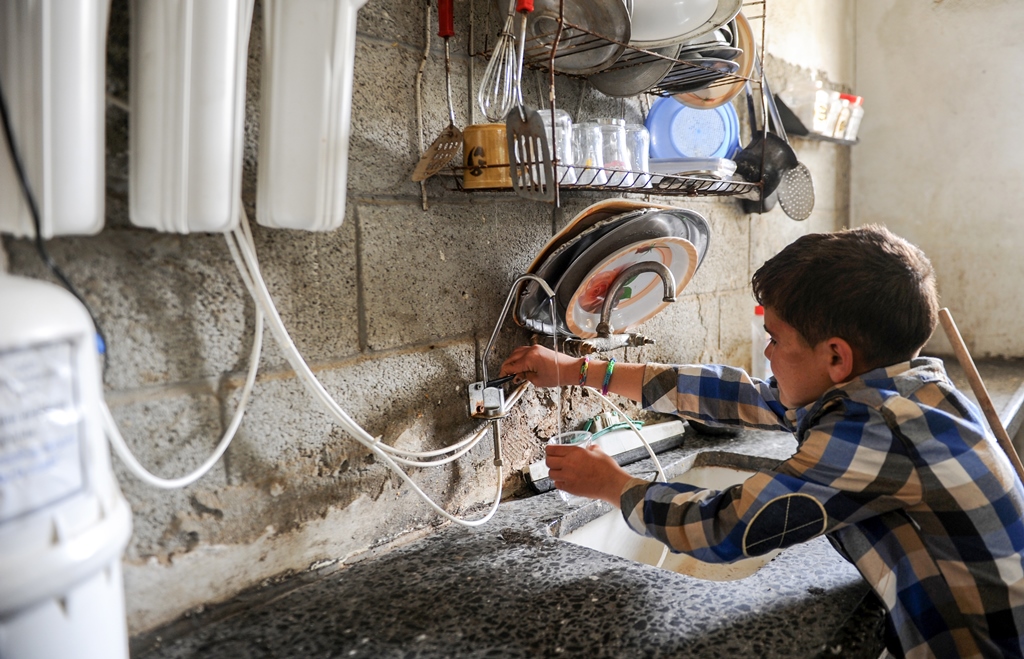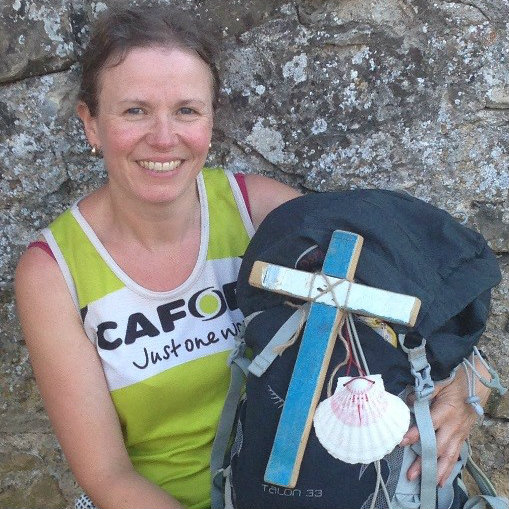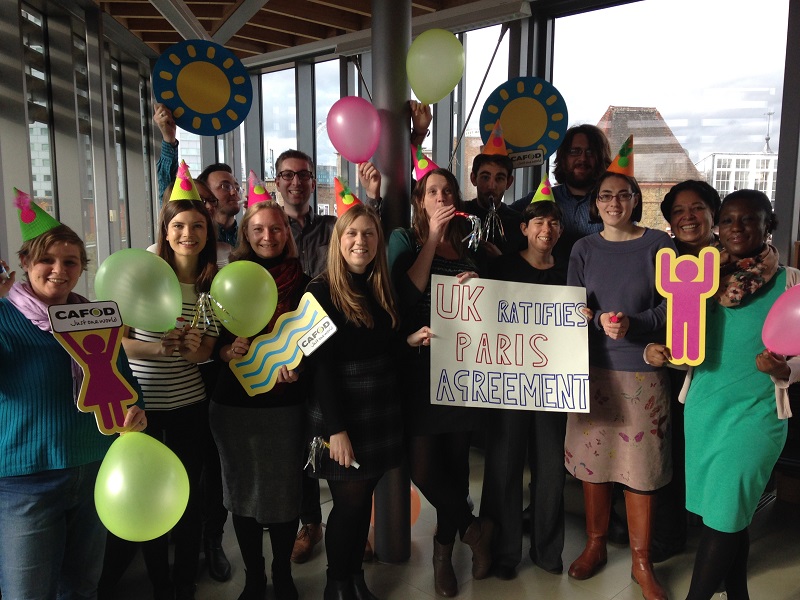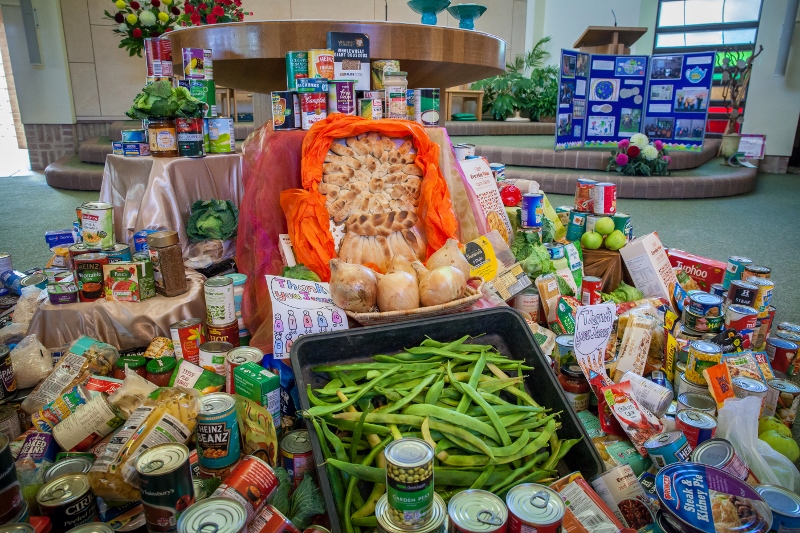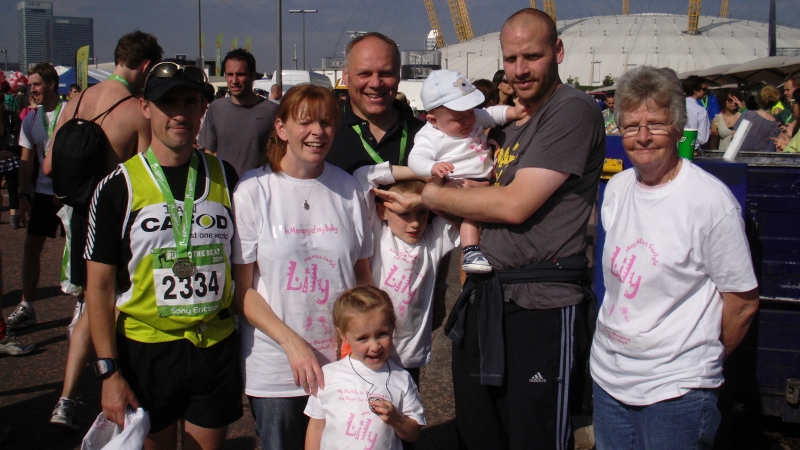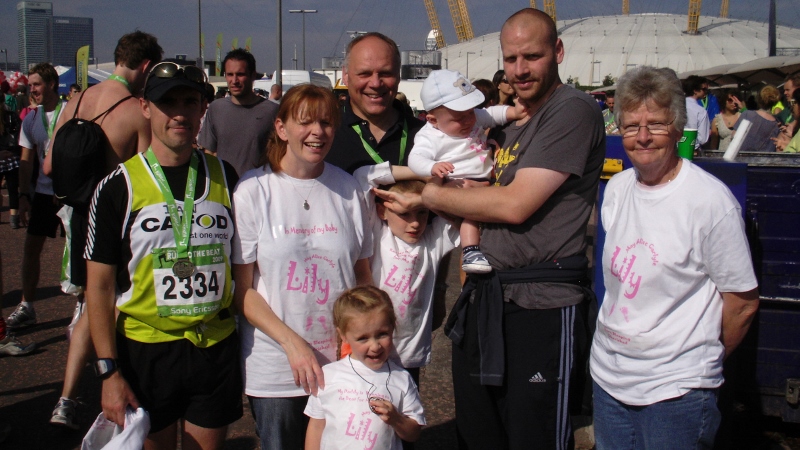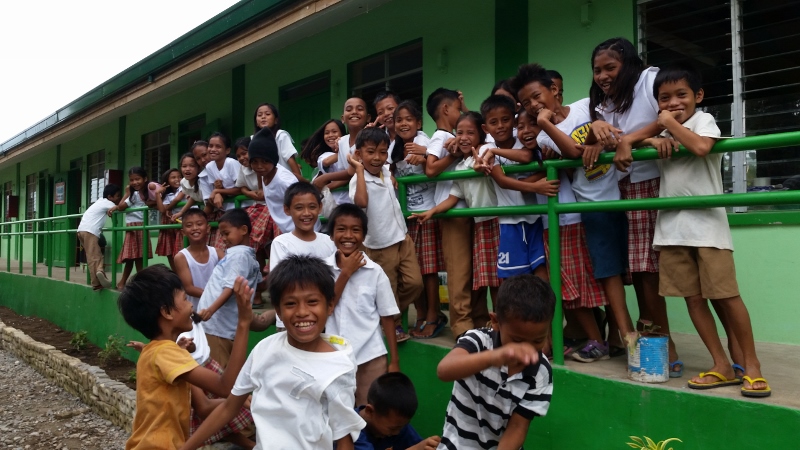Learning from refugees in Lebanon
November 25, 2016
“I have learnt so much about the refugee situation as well as about myself and I will be using my strength in faith to guide me when sharing about my experience in Lebanon.”
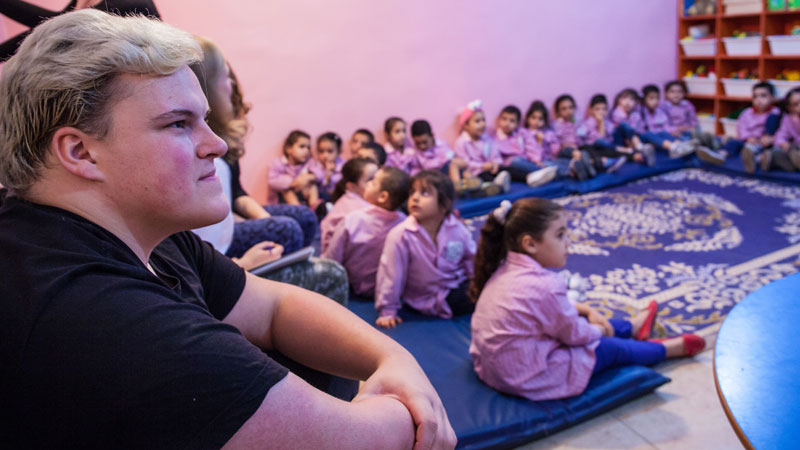
Ryan Wilkinson is a 19 year old CAFOD volunteer from Sheffield who recently travelled with CAFOD to meet refugees in Lebanon.
My recent visit to Lebanon has had such a large, positive impact on my life and has made me want to encourage others to learn more about the refugee crisis.
It was such incredible experience to meet refugees who Association Najdeh and Caritas Lebanon, the two CAFOD partners that I visited, reach and help in different camps and shelters. Having the opportunity to talk to people who are refugees, and the staff at the organisations was so inspiring for me as it made me think more about my life and how I can do more to encourage change.
There were times during my visit where it left me emotionally drained as I was hearing many emotional stories about what people are going through, and how their lives have changed since moving to Lebanon.

